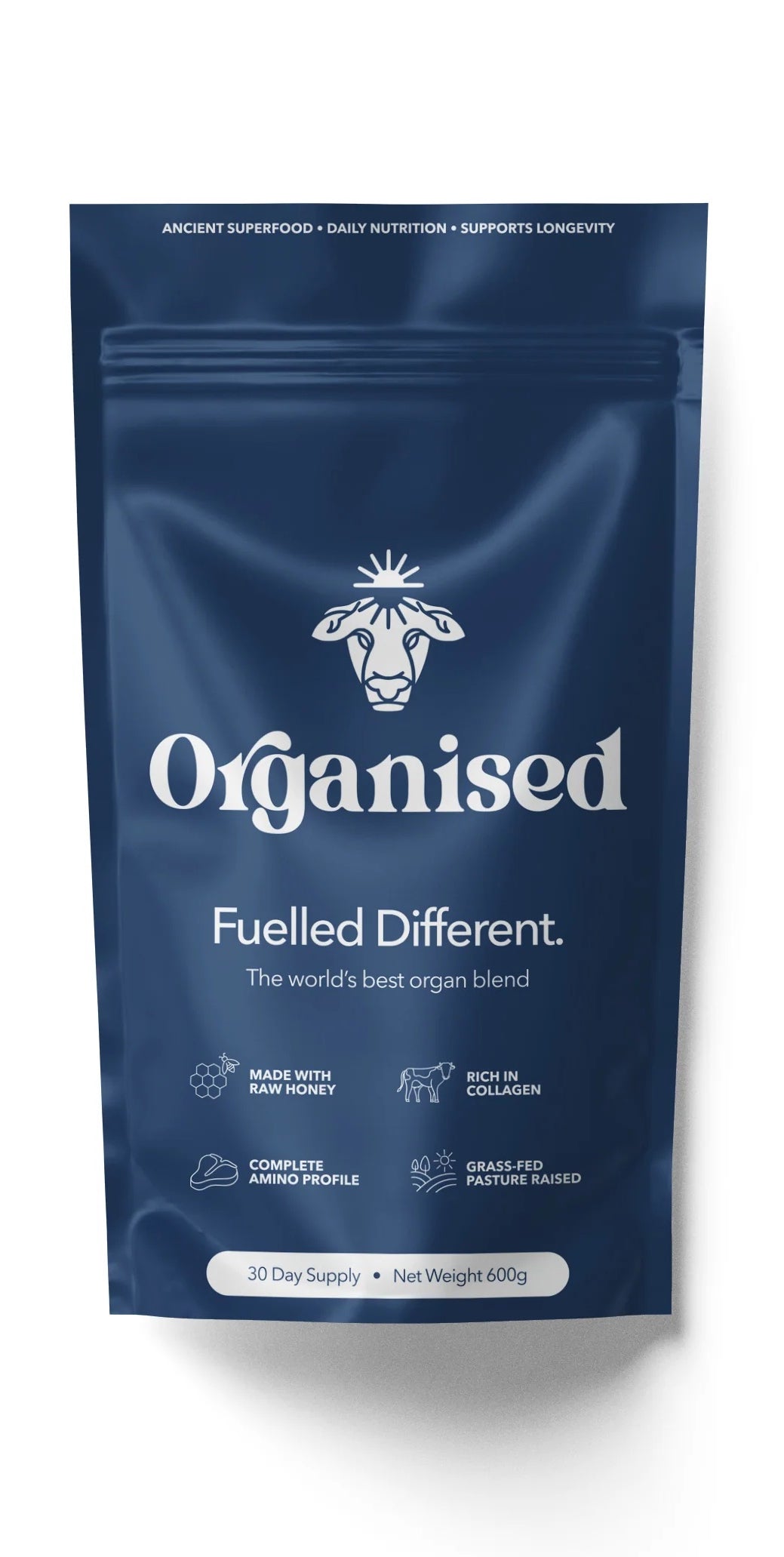
Beef protein vs Whey protein: Which is better?
When it comes to fuelling your muscles and promoting recovery, both beef protein and whey protein offer unique advantages, but their differences can have a profound impact on how they support your overall health. To truly understand which option is best for you, it’s important to explore how these two sources of protein stack up.
What is whey protein?
Whey protein is a byproduct of cheese production, made from the liquid that remains after milk is curdled and strained. It is a complete protein, meaning it contains all nine essential amino acids required for muscle repair, growth, and general body function.
Types of whey protein
1. Whey protein concentrate (WPC): Contains 70-80% protein along with some fat
and lactose. This form is less processed and still effective for muscle recovery and
general fitness.
2. Whey protein isolate (WPI): A more refined version with 90-95% protein and
minimal fat and lactose, ideal for maximising protein intake while minimizing extras.
3. Whey protein hydrolysate (WPH): Pre-digested for rapid absorption, this type is
often used by athletes for quick recovery after intense workouts.
Benefits of whey protein
Whey protein is renowned for its rich leucine content, a key amino acid responsible for triggering muscle protein synthesis. Its fast absorption rate makes it ideal for post-workout consumption, delivering immediate nourishment when your body needs it most.
However, while whey protein works quickly, it may not be suitable or everyone, especially those with lactose intolerance or those looking for a more holistic, whole-animal source of nutrition.
What is beef protein?
Beef protein taps into the deep, ancestral wisdom of using the whole animal for nourishment: bones, skin, tendons, and cartilage. This protein, derived from these nutrient-rich parts of the cow, offers more than just a hit of protein.
It’s a source of collagen, glycine, and proline, nutrients that are fundamental to skin, joint, gut, and bone health.
Beef protein reflects an ancient way of eating, following a nose-to-tail philosophy that honours both the animal and our body’s need for a broad spectrum of nutrients beyond muscle repair.
This provides deeper nourishment, tapping into the wisdom our ancestors understood: food is medicine.
Beef protein vs. Whey protein: a side-by-side comparison
1. Leucine content and muscle synthesis
● Whey protein: High in leucine, a key amino acid for initiating muscle protein
synthesis. Its fast-acting nature makes it ideal for immediate muscle repair after a
workout.
● Beef protein: While beef protein contains slightly less leucine than whey, it offers a broader range of amino acids, including glycine and proline, which support long-term tissue repair, gut health, and collagen production, providing more than just muscle support.
2. Absorption
● Whey protein: Quickly digested and absorbed, making it a superior choice for those looking to fuel rapid muscle recovery post-workout.
● Beef protein: Absorbed more gradually, offering a sustained release of nutrients.
This slow digestion provides long-lasting muscle repair and steady energy levels,
mimicking the slow, sustained nourishment our ancestors received from
whole-animal diets.
3. Digestibility
● Whey protein: As a dairy-based product, whey can cause bloating, gas, or
discomfort for individuals who are sensitive to lactose
● Beef protein: Free from lactose, beef protein is a gentler option for those with dairy sensitivities or those following paleo diets. Its digestibility reflects the nutrient dense whole-food approach that our bodies evolved to handle
4. Nutritional Depth
● Whey protein: While excellent for amino acid replenishment, whey lacks key nutrients like iron, zinc, and creatine. It focuses primarily on muscle recovery but
misses out on providing a wider array of nutrients essential for overall wellness.
● Beef protein: Rich in iron, zinc, creatine, and collagen, beef protein provides not just the building blocks for muscle but also for joint strength, skin elasticity, and immune function.
5. Taste and mixability
● Whey protein: Known for its easy mixability and wide range of flavours, making it a convenient option for shakes and smoothies.
● Beef protein: Often more robust in flavour, but high-quality beef proteins have
improved in both mixability and taste.
6. Sourcing
● Whey protein: Sourced from dairy farms, whey does not always reflect the natural, pasture-based systems our ancestors would have recognised
● Beef protein: Typically sourced from grass-fed, pasture-raised cows, beef protein
honours the ancestral principle of consuming animals raised in harmony with nature. Grass-fed beef not only delivers superior nutrition but also supports regenerative farming practices, promoting biodiversity and sustainability.
Who should use which?
● Whey protein: Ideal for individuals who need rapid muscle recovery after intense
workouts and for those who do not have dairy sensitivities.
● Beef protein: The perfect choice for individuals following a paleo or ancestral diet, those with lactose intolerance, and anyone seeking more than just muscle repair.
Conclusion: Which is better?
For quick, post-workout recovery, whey protein is a highly effective tool. However, if you’re seeking a protein source that aligns with ancestral wisdom, offering holistic nourishment that supports not only muscles but also joints, skin, and gut health, beef protein is unmatched.
Our ancestors recognised the value of consuming the whole animal, utilising every part for its nutrient density.
Today, beef protein supplements allows us to reclaim that level of nourishment, going beyond muscle growth to embrace a fuller, more holistic approach to health that taps into nature’s timeless wisdom


